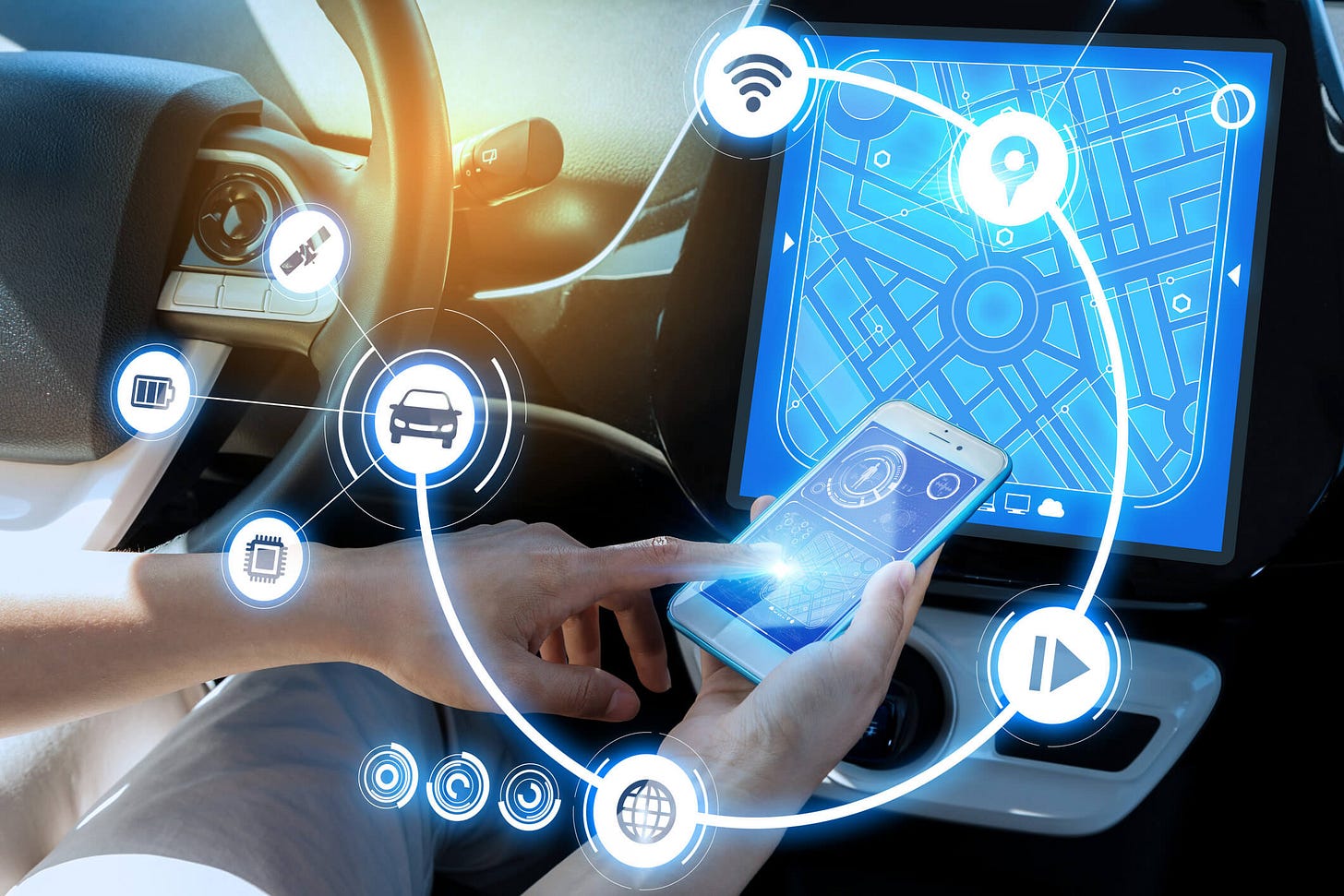Your car is spying on you: And guess where much of your most personal information ends up
All car companies prevent car owners from accessing or deleting the personal data collected by their car's computer chips while more than half sell your data to third parties, or give it away for free
Yesterday I reported how a major gun safe manufacturer, Liberty Safe, is turning over personal access codes of its customers to the FBI upon request.
Big banks are also eager to turn over your personal account information to the government, often without so much as a search warrant. Bank of America did this to its customers who attended the J6 protests.
W…
Keep reading with a 7-day free trial
Subscribe to Leo’s Newsletter to keep reading this post and get 7 days of free access to the full post archives.



